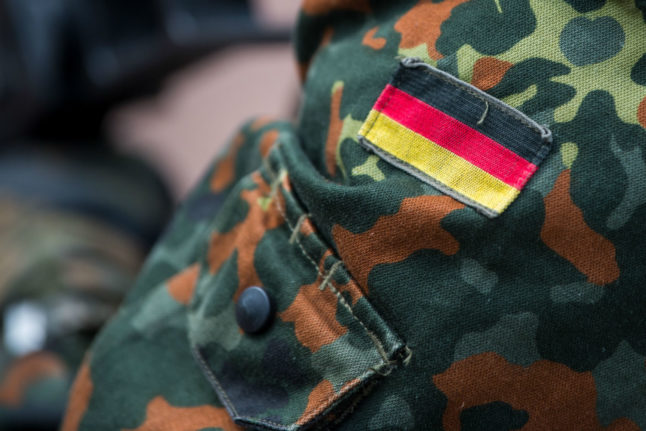Bård Nylund, leader of Norway’s National Association for lesbians, gays, bisexuals and transgender people, said he hoped Hagen’s example would encourage other older gay men to be open about their sexuality.
GAY
Top Norway billionaire comes out as gay
Norway’s second richest billionaire, supermarket tycoon Stein Erik Hagen, has come out as gay, outing himself in front of more than two million viewers on Norway’s leading chat show.
Published: 4 October 2015 08:46 CEST

Stein Erik Hagen (right) with openly gay businessman Christen Sveaas. Photo: Stian Lysberg Solum / NTB scanpix
Hagen, 59, who built his $4.3bn fortune on the RIMI budget supermarket he founded with his father in 1977, told NRK’s Skavlan show that he had slowly come to understand his sexuality in adulthood.
“I realised I was gay well into adulthood. When I was in my 20s we didn’t know what it was. We heard about it but did not associate ourselves with it.”
The revelation sends Hagen straight to the number two slot in the list of the world’s gay plutocrats, just behind the entertainment mogul David Geffen on $6.9bn, but ahead of PayPal co-founder Peter Thiel, with $2.8bn.
Hagen, who separated from his second wife Mille-Marie Treschow in 2012 after an eight-year marriage, and has five children, said after the interview was aired that both his wives and most of his friends had long known about his sexuality.
“To say that I’m gay is not entirely correct,” he told VG newspaper. “I’m bisexual, and to everyone in the family, all my friends and those who know me, that’s something which comes as no surprise. The same goes for those I have been married to, including Mille-Marie Treschow. She knew. And it wasn’t the reason we split up.”
Christian Sveaas, 59, who Hagen has ousted as Norway's richest openly gay man, lauded his friend's decision.
“Those of us who know him have known this a long time, so it's not such great news for us,” he said in an email to DN newspaper. “I can say that it's about time”.
“To live a life of openness is much better than living a life in hiding,” he said.
“I think he can be an inspiration for more and I hope that people realise that just because you wait to come out, does not mean that it’s a bad idea to come out. Come out when you’re ready. It doesn’t matter if you are 35 or 65, because choosing openness is much better than letting it be.”
Url copied to clipboard!


 Please whitelist us to continue reading.
Please whitelist us to continue reading.
Member comments